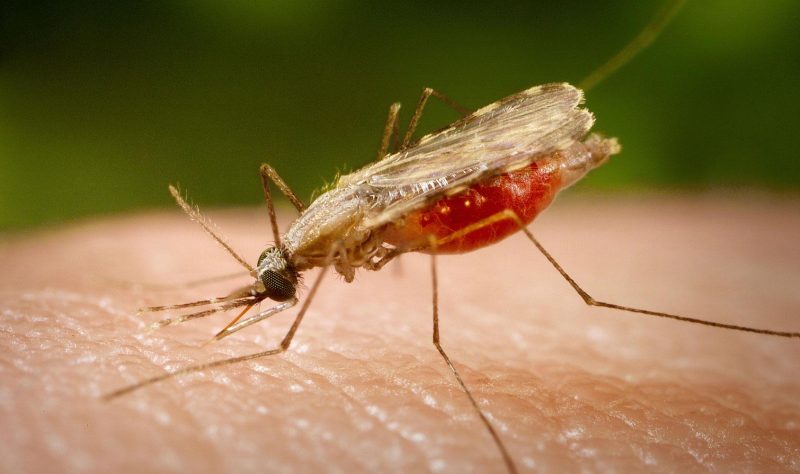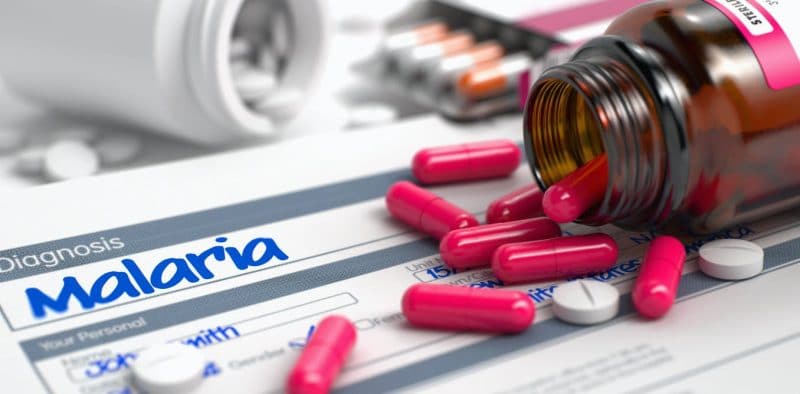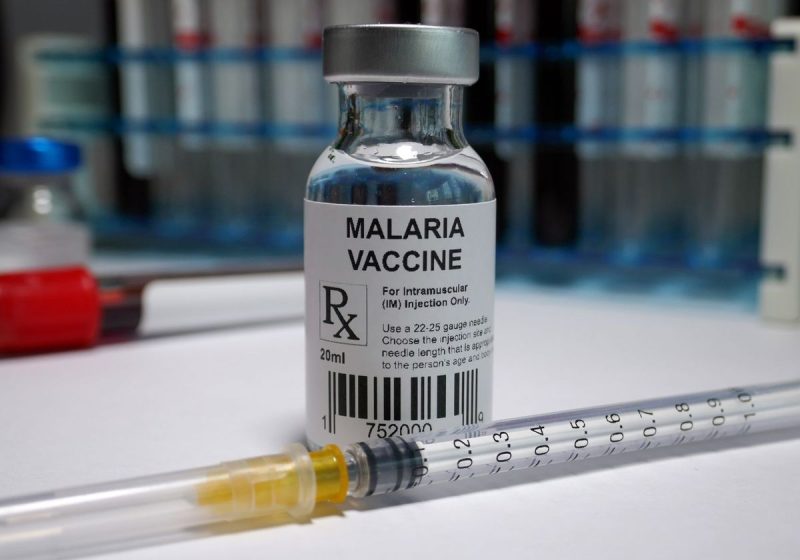Many people are afflicted by malaria. This is a disease caused by the parasite from a mosquito bite. The female mosquitoes spread this parasite by having a blood meal from humans. The malarial organism then completes its development in the human host’s body. Since the travel protocols are now starting to loosen up, people are starting to access different countries again. This increases their risk of getting this disease. Here are the things you need to know to prevent this disease from taking over your travel plans.
Developing the disease

Symptoms start to appear within 7 to 30 days. It can take about a year to develop all the malarial symptoms. You may get shaking chills, flu-like symptoms, and elevated fevers. These symptoms may lead too terrible illness and death. Mosquitoes in South and Central America, Africa, South Pacific, Asia, and Eastern Europe. Tourists in these countries often get bit and then infected.
Preventing malaria
Below are some of the ways you can prevent malaria when you travel:
Researching the destination
You can teach yourself more about this parasitic disease before you travel. It can also help protect you when you research about the malaria status in the country you will visit. If you still have the option to choose your destination, go to places that do not have malaria cases.
Protecting the skin

Sleeping in air-conditioned rooms will discourage mosquitoes from biting you. Using a net to cover the sleeping area will keep the mosquitoes away. Wearing long pants and sleeves will also help. Using repellents with oil of lemon eucalyptus, DEET, para-menthane-diol, picaridin, IR3535, and 2-undecanone. Treating your clothes with permethrin can protect you even more.
Taking malaria medication

This is important if you are going to an area where there are cases of malaria. You should take these medications several days before the trip. Continuing to take these medications during and even after your trip is ideal. Your doctor will prescribe the right type of medication.
Visiting the doctor before your journey

A visit with your doctor will enable you to have a full health check. Your doctor will remind you of what to do to protect yourself in the area you will be visiting. Getting treatments for some pre-existing health conditions will help strengthen your body’s protection against parasitic infections. Updating your vaccinations will also reinforce your health.
Knowing the symptoms
Recognizing the symptoms of malaria can save the trip and your life. Traveling to a high-risk malaria area can lead to flu-like symptoms. This could mean that you have malaria already. If you experience headaches, chills, and fever, you must seek medical attention right away. Informing your doctor of your travels will make the diagnosis clearer. Once the doctor tells you that you have malaria, you need to go through a treatment course for this infection.

Being prepared for your travels can lower your risk or even prevent you from contracting malaria. Protecting yourself by wearing light-colored clothes and using effective repellents will be helpful. Malaria is a serious disease that claims many lives. Prevention is always better than cure. This is a good reminder before you leave for your next destination.